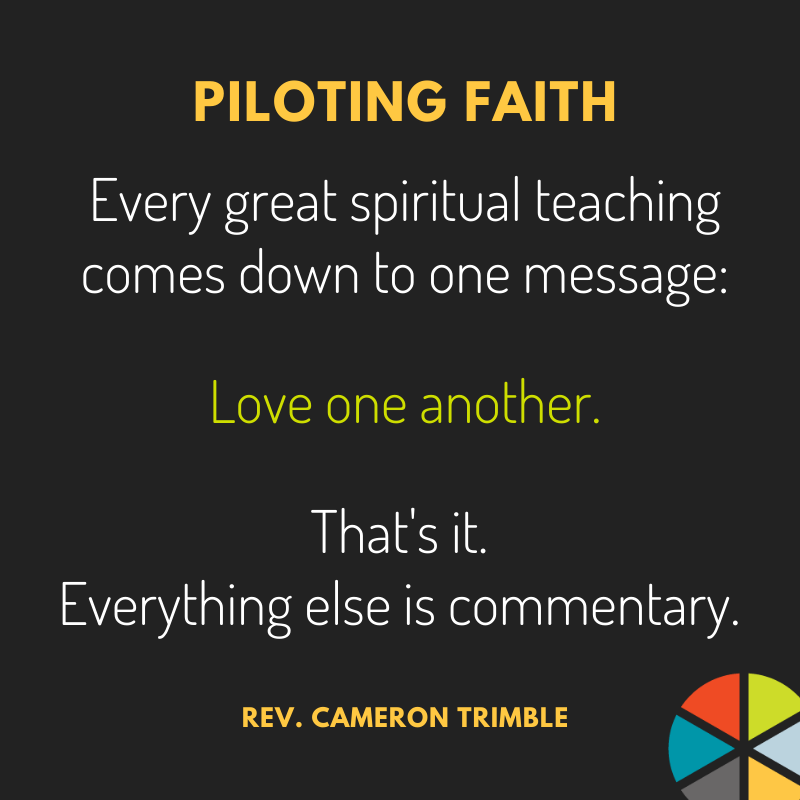In a Washington Post opinion piece, legal scholar and President and Director-Counsel of the NAACP Legal Defense and Educational Fund, Sherrilyn Ifill, talked about racism as a national security crisis. She observes that our willingness to label one another as enemies lets our biases animate our policies, consumer choices, and media preferences, leaving us all vulnerable to foreign actors who play upon our fears and hatred of each other.
As a legal scholar, Ifill’s concern today is how legislative bodies at the state level are passing anti-Critical Race Theory laws. When you read the actual language of the legislation, she points out that it’s outlaws anything that makes a person “feel discomfort, guilt, anguish or another form of psychological distress solely because of the individual’s race or sex.“ It’s no mistake that this legislation comes on the heels of protests supporting Black Lives Matter. Those protests included people of all races and colors who were appalled by a state officer treating another human being with such contempt. We collectively felt empathy, and we marched for change.
Ifill points out that the heart of this legislation is an attempt to control human empathy. This legislation criminalizes the concern we might have for one another when we hear of the suffering of others. Many of us have not forgotten the power of the moment we rose up together to say, “No more killing of black and brown lives.” But those who benefit from that oppression remember it too. They saw the threat to their privilege created by people moved by compassion.
In his book, Daily Afflictions: The Agony of Being Connected to Everything in the Universe, Andrew Boyd noted, “Compassion hurts. When you feel connected to everything, you also feel responsible for everything. And you cannot turn away. Your destiny is bound with the destinies of others. You must either learn to carry the Universe or be crushed by it. You must grow strong enough to love the world, yet empty enough to sit down at the same table with its worst horrors.”
Our evolutionary challenge is to create a world where our empathy for the pain of all of creation moves us to insist on a more just and generous world for everyone. All of our great religions teach this:
“In all things, do you to others what you would have others do to you; for this is the law and the prophets.” – Christianity, Matthew 7:12
“What is hateful to you, do not do to another. That is the entire Teaching; all the rest is commentary.” – Judaism, Talmud, Shabbat 31A
“Do nothing to others that you yourself would find hurtful.” – Buddhism, Udana-Varga 5,1
“Do not do to others what you do not want done to yourself.” – Confucianism, Analects 15:23
“This is the sum of duty: do not do to others that if done to you would cause you suffering.” – Hinduism, Mahabharata 5, 1517
“Treat all creatures in the world as you would like to be treated.” – Jainism, Sutrakritanga 1.11.33
“None of you is a believer until you desire for others that which you desire for yourself.” Islam, Hadith
“Regard your neighbor’s gain as your gain, and your neighbor’s loss as your loss.” – Taoism, Tai Shang Kan Yin Pien
“Do not do to others whatever is injurious to yourself.” – Zoroastrianism, Shayast-Na-Shayast 13:29
“Lay not on any soul a load that you would not wish to be laid upon you, and desire not for anyone the things you would not desire for yourself.” – Bahai, Gleanings
Deep empathy is the gateway to knowing God. Compassion is the road to wholeness. So, let our hearts break for the world we have today, and then let us set about making it better.
We are in this together,

Rev. Cameron Trimble
Author of Piloting Church: Helping Your Congregation Take Flight
